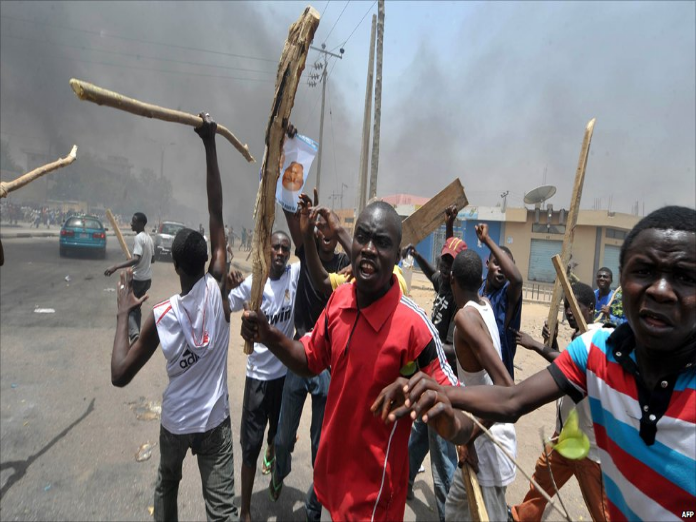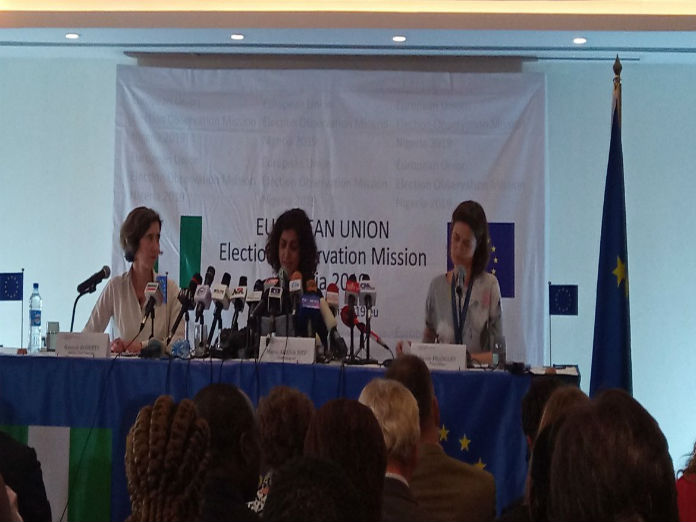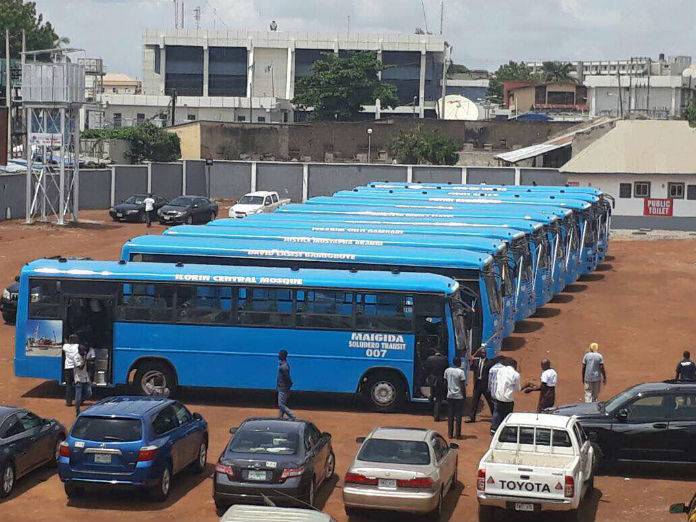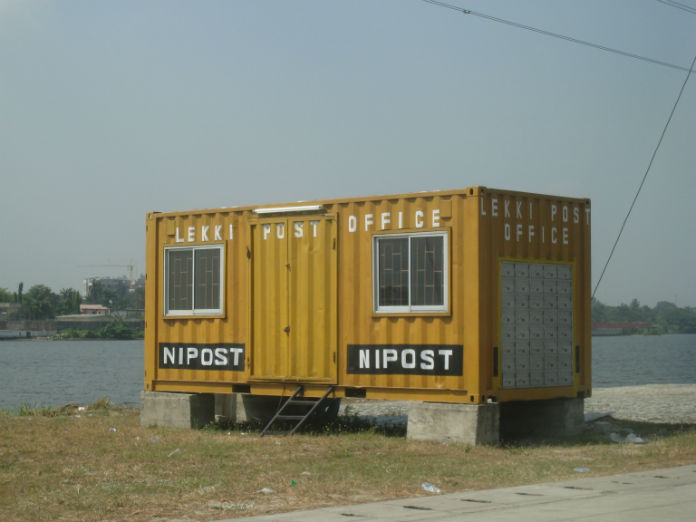2019 Election: Violence looms in Rivers, A’Ibom, Kaduna, Kano, two others-ICG
Agency report
International Crisis Group (ICG) has predicted that Nigeria’s 2019 general elections have potentials to ignite violence in many states of the federation due to the “win-or-die” attitude of many politicians and the acrimony between the two major political parties in the country , the New Telegraph reports.
The national and state elections will hold in February and March 2019.
Voters will choose a president, governors for 29 of the country’s 36 states, and federal and state lawmakers countrywide.
President Muhammadu Buhari of the All Progressives Congress (APC) faces a stiff challenge from Atiku Abubakar of the Peoples Democratic Party (PDP), which dominated national politics from 1999 to 2015. Many contests for state governor also involve high stakes, given the enormous spoils that elected office brings. It could be recalled that the last three elections in Nigeria have been deadly. More than 100 people died during and after the 2015 polls, even when the elections were peaceful compared to the previous two. In 2019, with parts of the country in turmoil, the ICG said, violence could take more lives and jeopardise the country’s stability.
In a new report titled: ‘Nigeria’s 2019 Elections – Six States to Watch,’ the Brussels-based conflict research and peace advocacy organisation observed that while there were risks of violence across Nigeria, six states have displayed particularly disturbing signs ahead of the crucial elections. It identified the potentially high-risk flashpoints as Rivers, Akwa Ibom, Kaduna, Plateau, Kano and Adamawa states.
“Dynamics in each state vary, but all feature at least two of four major triggers: an intense struggle between the APC and PDP for control over states with large electorate, vast public revenues or symbolic electoral value; local rivalry between former and incumbent governors; tension resulting from ethno-religious or Christherders- farmers’ conflict; and the presence of criminal groups that politicians can recruit to attack rivals and their constituents. “Local violence is not only a problem for the areas affected. It can have wider implications, with pre-election bloodshed undermining the vote’s credibility and aggravating risks of disputes, and local protests after the ballot potentially ballooning into a national crisis,” the report said.
The risk of violence, the report said, is being further propelled by widespread distrust towards the security agencies and the Independent National Electoral Commission (INEC) among politicians and the electorate following recent experiences in Ekiti and Osun states.
Apart from the suspicions surrounding these two institutions, the report said, the prevalence of armed conflict and deadly criminal violence in parts of Nigeria and the uncertainty over the possible response of the two main political parties to the outcome of the election could also be a trigger to violence. In the immediate, the ICG called on the Nigerian government to move swiftly to defuse tensions, bolstering police deployments in vulnerable states and fostering dialogue between antagonists. It also urged Nigeria’s foreign partners to monitor hotspots and warn politicians of consequences for inciting violence. “At the national level, Nigerian authorities can take a number of steps to reduce risks.
The Federal Government should speedily release all funds that are outstanding from the allocations that the federal legislature, the National Assembly, approved for INEC and security agencies, but that are still stuck in the bureaucracy, to let them prepare for the elections properly. “Political parties should fulfill commitments their leaders have recently made to avoid inflammatory rhetoric, campaign peacefully, pursue grievances lawfully and rein in supporters in the event of their defeat. The electoral authorities should intensify outreach to political parties aimed at winning their confidence and firm up logistical arrangements, particularly for election day.
“Security agencies should act professionally, ensure neutrality between all parties, and finalise contingency plans for preventing or responding to violence.
In addition to these national-level steps, the authorities should redouble efforts to prevent violence in hotspots,” the report said.
The ICG said that while policies should be tailored to each state, efforts should be geared towards improving security arrangements by identifying and sanctioning politicians and groups using inflammatory rhetoric, inciting violence or plotting to perpetrate it; ensuring order at campaign rallies; strengthening inter-agency cooperation; and protecting polling centres in a non-partisan and non-threatening manner as well as encouraging leading politicians at the state and local level to honour commitments already made at the national level, to campaign and pursue grievances peacefully and lawfully.
The report also called on stakeholders to hold confidence- building dialogues between the local leaders of ethnic, religious and farmer- herder communities that are locked in conflict, as a way to undercut efforts by politicians to stoke divides for their own end.




